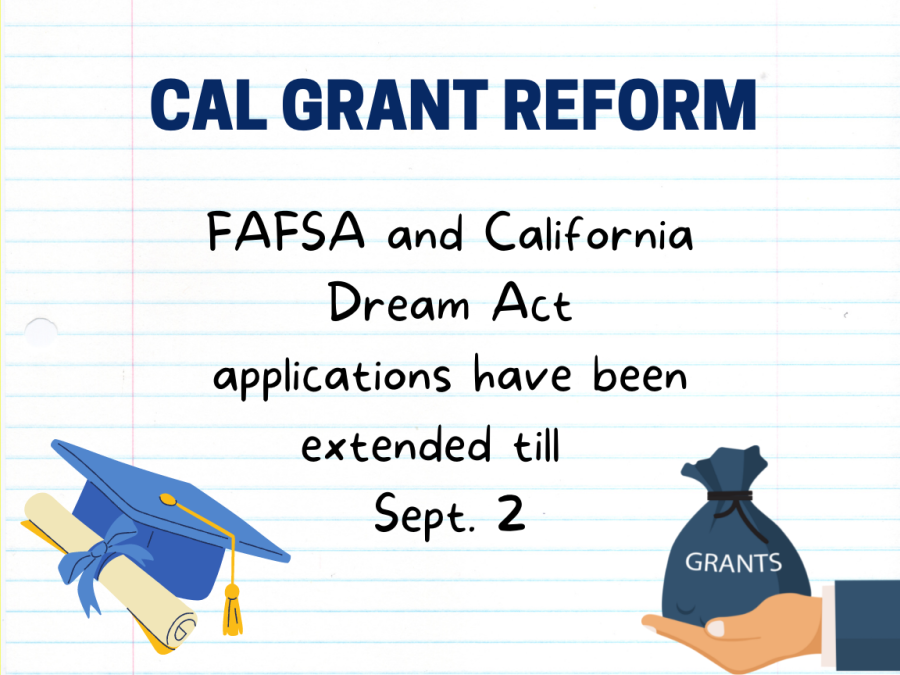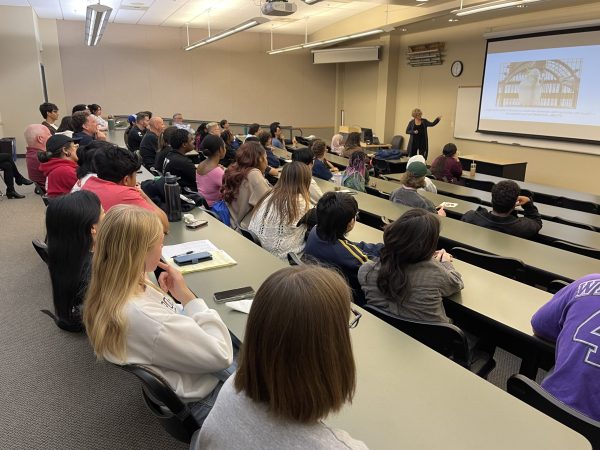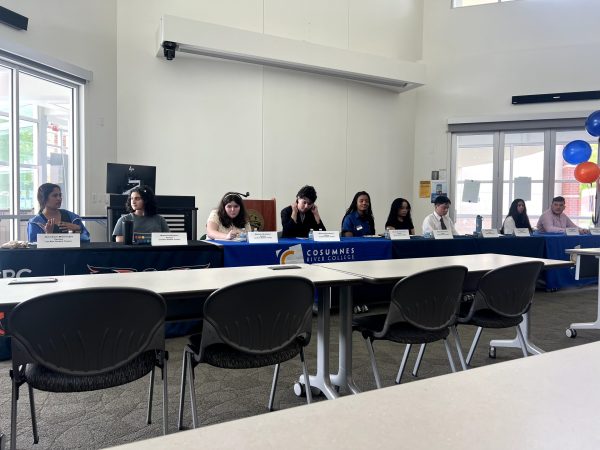Community Colleges Chancellor discusses Cal Grant reforms
Barriers, such as age limit, have been removed from the qualifications of applying for FAFSA and California Dream Act. For more information on financial aid visit the CRC financial aid office or icangotocollege.com
California Community Colleges Chancellor Eloy Oakley discussed changes to the Cal Grant student aid program as well as how his office is approaching the ongoing issue of financial aid fraud in a teleconference on April 19.
Oakley emphasized the need to communicate with students to make sure they are aware of ongoing changes to the Cal Grant system and that they may be newly eligible or are eligible for increased financial aid.
“Thanks to recent policy changes, community college students can now submit their FAFSA or California Dream Act application, also known as CADA by Sept. 2, and still qualify for Cal Grants and other important forms of financial aid,” Oakley said. “So, we want students to maximize the amount of financial aid that they can receive.”
The new Sept. 2 deadline for applications offers students an extra six months to file their FAFSA and CADA and still maximize their aid eligibility.
“There used to be age limitations for older students that may hold students ineligible for the award, but with these changes that are happening, now so many more students are eligible, and they have much more time to apply,” Oakley said.
Oakley addressed the question of fraud by admitting there was a problem and some parties received aid money who shouldn’t have. He praised the state’s response to financial aid fraud and emphasized that catching fraud is a collective effort.
“I think many of them were stopped before they went further, but there were some, they got access to that aid,” Oakley said. “There have been a number of measures being put in both at the federal level, Cal Grant system and with us here in the community colleges, particularly fixes we’ve made to the CCC Apply system.”
The expansion of the grant program to older students and parents includes a supplemental grant of up to $3,004 a semester or $6,008 a year based on financial need for parents who are eligible for the Cal Grant.
“The cost of college continues to go up each and every day, whether it’s inflation, cost of housing, gas, food, everything is going up and this affects our student’s ability to succeed in college,” Oakley said.
Current legislation Assembly bill 1746 is the most recent iteration of bipartisan comprehensive Cal Grant reform by the state legislature.
AB 1746 proposes many changes to the current state financial aid system, including an increase in the maximum access cost grant for Cal Grant 2 recipients to $2,500 a year up from the current amount of $1,648.
The bill also proposes tying future grant increases to inflation as measured by the California Consumer Price Index as well as expanding access to Cal Grant financial aid to over 120,000 previously excluded students.
The current bill has bipartisan bicameral support and is currently working its way through the amendment process in the assembly appropriations committee.
A version of the bill last year was passed in both chambers with unanimous consent, but it was vetoed by Gov. Gavin Newsom.
“We are putting in a lot of effort to stop fraud,” Oakley said. “But invariably, there will always be some fraud of the system, but that shouldn’t prevent us from trying to get more money out to students.”











